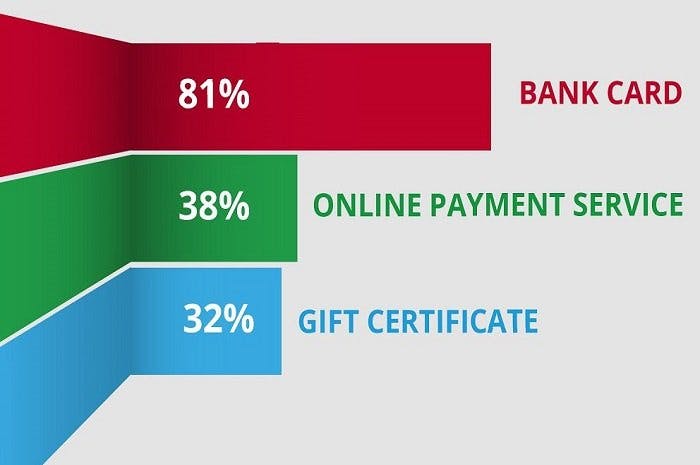
Online Casino Payment Providers under Preasure in Germany
In the wake of the latest regulations on online casinos imposed by many European countries, online payment institutions are the latest to be targeted by lawmakers and regulatory institutions. Federal states in Germany have agreed on upcoming reforms for online casinos. The new amendment agreement states that all online casinos accepting German players must request a license from the country's competent authorities. But, since the new amendment enforcement is planned for mid-2021, the interior minister of the Lower Saxony who’s also responsible for the treaty on Gaming, wrote a rigorous letter to the banking industry demanding all payment providers to immediately stop all cooperation with online casinos.
Theoretically speaking, if the above demands are to be met, casino players would be unable to make deposits or receive payments from any online casinos operating without an authorized license. It is, however, important to clarify that these measures will only affect online casinos, and not sports betting since the latest is already operating under a regulated German market since January 1st, 2020.
Grey Area: the current legal status of the online casino industry in Germany
Germany being a federal state on its own and an active member of the European Union, the legal situation for online casinos falls in a grey area. Currently, there are no statewide regulations concerning online casinos. Instead, each state is responsible for creating and enforcing its regulations on the matter. On the other hand, where individual states fail to create or adopt valid regulations, the European Union laws on online gambling are applied.
Until the enforcement of the new treaty in mid-2021, some federal states deemed imperative to implement temporary measures to fill in the gaps created by the gray areas. One of the temporary measures aims to impose a block on all online casino payment methods for German players. From a legal standpoint, banks are not obligated to comply with the pressure applied by those federal states. For the moment, there are no concrete reprehensive measures taken against payment providers besides PayPal, which is no longer available for payments in German online casinos.
The counter-attack
One of the main arguments used by payment providers is the denunciation of the difficulties which are faced by the banking services to recognize without any reasonable doubts if customers’ payments are going to unlicensed or licensed casinos. Besides the mentioned impediments, many providers emphasize the fact that many reputable online casinos are operating with EU licenses. Those casinos abide by the EU regulatory laws and provide a fair gaming experience.
In conclusion, it is still too early to asses whether any concrete measures will be taken against payment providers. Also, the current situation can be used as a catalyzer to push the casino industry to invest in new and innovative online payment methods such as Trusly’ Pay and Play service.